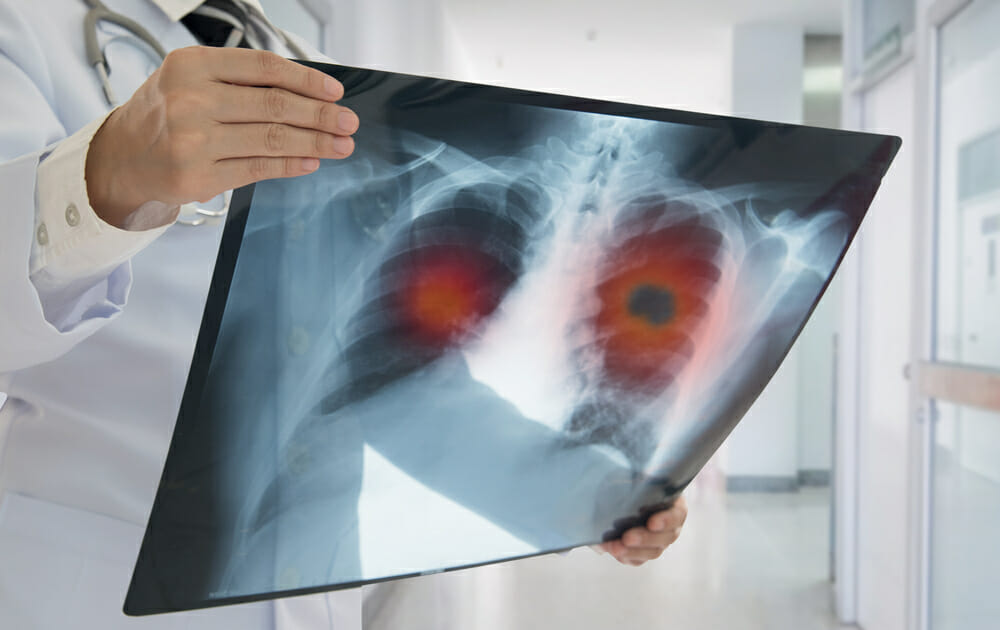Tragically, countless 9/11 responders and survivors have been diagnosed with a form of cancer linked to the toxins in the dust cloud that covered lower Manhattan after the terrorist attacks. Many of these cancers can often take months or even years to develop after exposure. Accordingly, the WTC Health Program has implemented minimum latency periods for each type of cancer to determine eligibility for medical treatment, and ultimately, compensation from the September 11th Victim Compensation Fund.
Latency Periods for 9/11 Cancers
In order to be eligible for medical monitoring, treatment, and certification from the WTC Health Program, a 9/11 responder or survivor must meet certain eligibility criteria. In addition to the location and presence requirements, there are specific latency periods for each type of 9/11 cancer. This means that a certain amount of time must have passed between the time of exposure to the toxins and the date of the initial diagnosis in order to be certified.
The WTC Health Program’s latency periods for 9/11 cancers are as follows:
- Mesothelioma — 11 years
- All solid cancers (other than mesothelioma, lymphoproliferative, thyroid, and childhood cancers) — 4 years
- Lymphoproliferative and hematopoietic cancers (including all types of leukemia and lymphoma) — 146 days
- Thyroid cancer — 2.5 years
- Childhood cancers (other than lymphoproliferative and hematopoietic cancers)—1 year
The WTC Health Program determined the above latency periods by relying upon studies, authoritative recommendations, and statistical modeling. Critically, without certification from the WTC Health Program, a responder or survivor cannot submit a claim to the VCF for a 9/11-health condition or cancer.
VCF Compensation for 9/11 Cancers
A 9/11 cancer condition can impact every aspect of your life. The VCF recognizes how a cancer diagnosis can affect you and your family, and it issues compensation for both your economic and non-economic losses. However, it’s crucial to be aware that a VCF award is not typically based on the number of health conditions with which you’ve been diagnosed — rather, it’s based on the severity of the condition.
Economic losses in connection with a 9/11 cancer condition can include loss of earnings or employment benefits, the costs of replacing household services that you are no longer able to perform, and out-of-pocket costs for medical treatment. In cases where the victim passed away due to a 9/11 cancer, their loved ones may be entitled to receive compensation for funeral and burial costs.
Non-economic loss for a responder or survivor’s cancer condition, also known as “pain and suffering,” is capped at $250,000 for cancer conditions under the Zadroga Act. However, the VCF may issue an award about the statutory amount if a responder or survivor has been diagnosed with multiple cancers. A higher amount might also be awarded for a diagnosis of a presumptively severe non-cancer condition, in addition to a cancer.
Families who have lost loved ones to a 9/11 cancer condition may also be entitled to recover their economic losses by filing a VCF wrongful death claim. Under the Zadroga Act, the spouse and dependents of a victim who passed away due to a cancer or other 9/11-related health condition are also compensated for their non-economic loss. In such cases, $250,000 is awarded for the decedent, and $100,000 on account of the spouse and each dependent.
Contact an Experienced 9/11 VCF Attorney
If you’re a 9/11 responder or survivor who has been diagnosed with a cancer condition, you may be eligible to receive compensation from the September 11th Victim Compensation Fund. Since registering and filing a claim for compensation with the VCF can be a confusing process, it’s essential to have a 9/11 VCF attorney by your side to ensure you obtain the monetary recovery you deserve.
The 9/11 Victim Compensation Fund attorneys at The Dearie Law Firm, P.C. have represented claimants and their families in 9/11 VCF claims for more than a decade. For a free consultation, contact us today.

